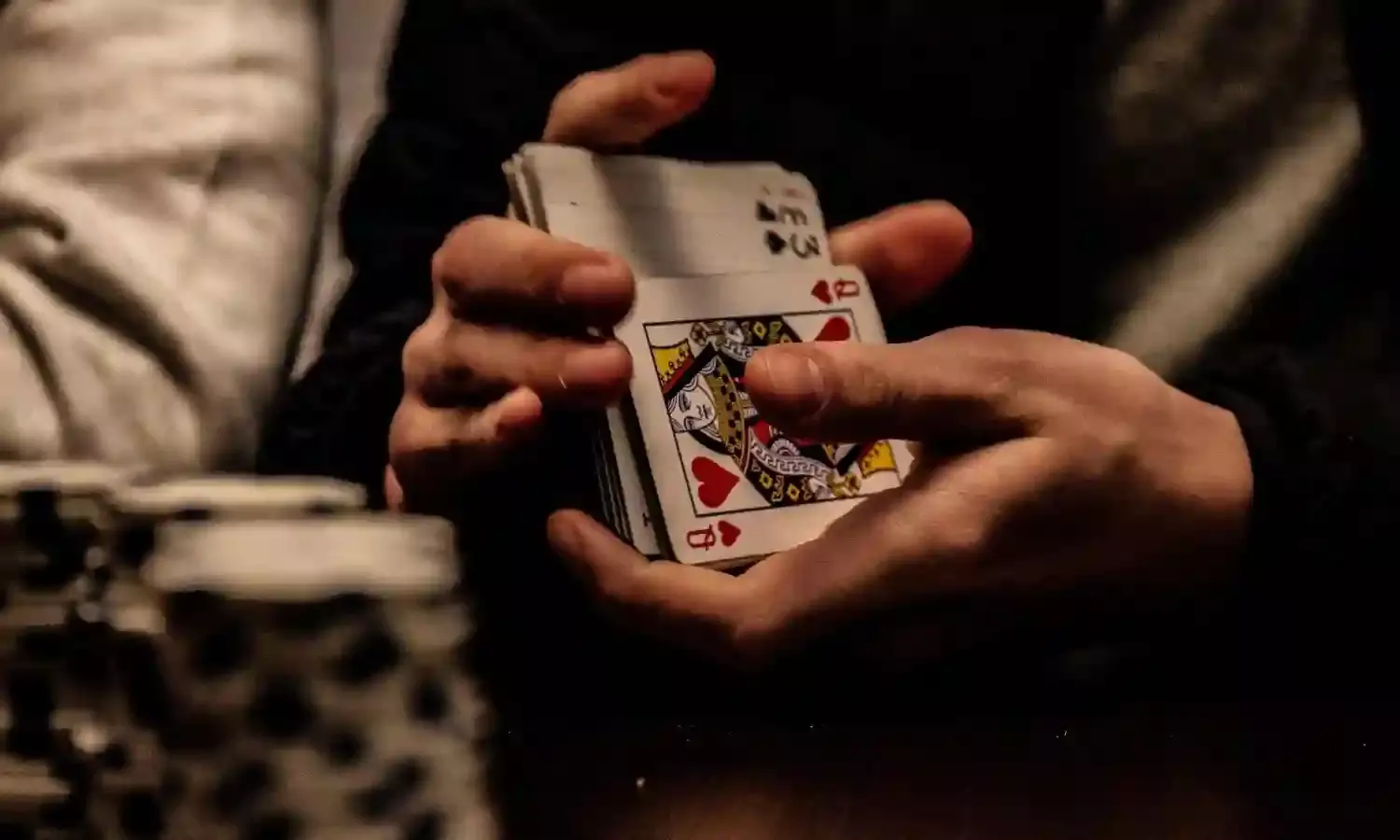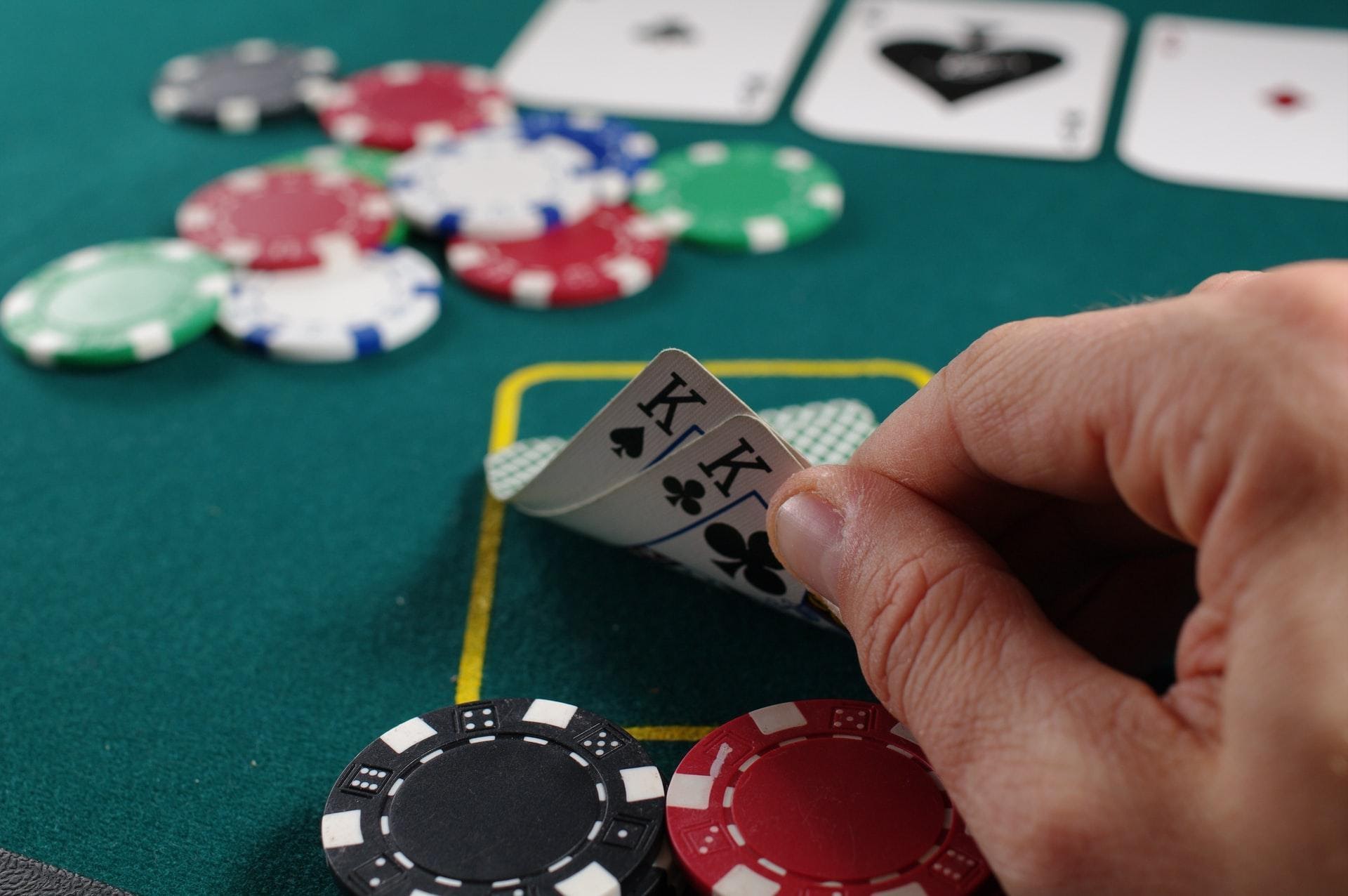Legalizing: Should Poker be Accepted as a Game of Skill?
Understand poker skills and practice them

The discussion of poker as either luck or skill has been raging for some time. And the fact that it varies from country to country only makes the discussion continue endlessly. If you are interested in knowing how Indian gambling law stands on this, you should read on.
Many people are debating whether poker should be considered a game of gambling or skill. While some are focusing highly on the randomness of poker, where the outcome is very much linked to the cards you are dealt, others argue that the way you use these cards should be looked at as a skill and not straight luck.
The fact that the Indian law on gambling distinguishes between ‘games of skill’ and games that have little to do with intelligence and are only based on luck is problematic as this separation is difficult to make. Some classical casino games are difficult to differentiate between as you cannot argue that all games are completely and solely either luck or skill. In India playing poker is under restrictions as it is considered a game of luck.

Understand poker skills and practice them
Many would argue that poker should be considered a game of skill as well. It is a game known for a specific strategy and fooling your opponent. ‘Poker face’ is a well-known term for hiding your excitement or mishaps, which is a big part of the outcome in a poker game.
Besides knowing how to read people and trying not to be read there is of course knowing how to play your hand and knowing when to fold. Accusing poker as a game of pure luck would probably offend the professional players a bit. I think many people would be able to prove that poker revolves around skills as well as some luck. So, if you would like to visit a casino, be sure to practice a bit from home which you can do at online casinos. If you do so make sure to choose a recommended site, this way you will be able to gamble safely and get to know the basics of the game.
Counting the cards
The opposite arguments are mostly those of the randomness of the game and the cards that are dealt which is a circumstance for every card game and that makes it a poor argument. But where some of the critics hit a sore spot, it is when discussing counting cards. A known fact in many forms of card games and gambling is counting cards. This is when games such as poker and blackjack become games of chance. This is not allowed in casinos and is considered cheating as you can mathematically predict the outcome.
There are only so many cards in a deck, and by counting the cards that have already passed, you have a better chance at guessing or calculating the one that will be up next. The term is predictive randomness and is based on fixed percentages. This was tested at MIT, the Massachusetts Institute of Technology, on games of blackjack, where the card counters managed to beat the casino houses many times and thus winning millions of dollars.



